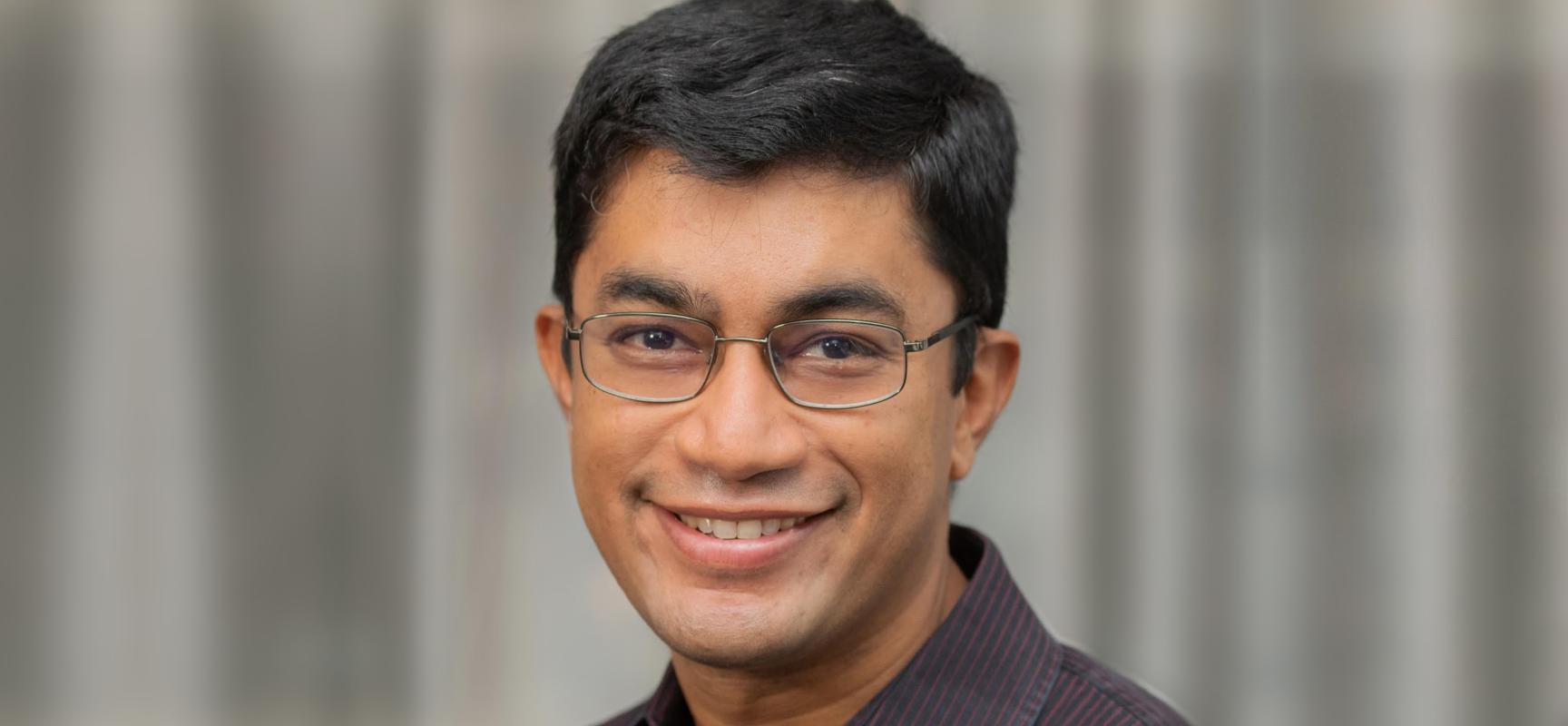Letter from the Director, April 2025

Dear friends,
Greetings from the Simons Institute, where we are in the final week of a yearlong research program on Large Language Models and Transformers.
A few weeks ago, we held an inspiring joint workshop with our friends at SLMath on AI for Mathematics and Theoretical Computer Science. This is a really exciting time for mathematics, as new technologies for mathematical reasoning open novel avenues for research, communication, education, and discovery. This workshop introduced mathematicians and theoretical computer scientists to the technologies that underlie recent successes, namely proof assistants, automated reasoning, and machine learning. A particular novelty of the workshop was the afternoon program, which comprised tutorial sessions where the participants were able to learn the tools in a hands-on manner by attempting thoughtfully curated exercises. Our senior scientist, Nikhil Srivastava, writes about the workshop in this issue of the newsletter.
Another highlight this month was a workshop on Safety-Guaranteed LLMs, co-organized with IVADO. Organizer Yoshua Bengio’s Richard M. Karp Distinguished Lecture on “Scientist AI” as a safer alternative to AI agents was emblematic of the innovative perspectives on AI safety explored in this workshop. We’re delighted to share his talk with you here.
Also in our SimonsTV corner this month, we have the latest installment of our Polylogues web series, in which Sasha Rush (Cornell Tech) and Science Communicator in Residence Anil Ananthaswamy discuss neural scaling laws, DeepSeek, and new developments in how large language models are trained and used.
And we share one of our favorite talks from last month’s Workshop on Quantum Memories: Shankar Balasubramanian’s presentation on “A Local Automaton for the 2D Toric Code.”
We’re pleased to be co-sponsoring a workshop at Columbia University next week on Emerging Trends in AI: Exploring Resilience, Robustness, and the Future of Synthetic Data in Research. This two-day workshop brings together leading experts in machine learning (ML) and neuroscience to examine two emerging themes: the relationship between brain resilience and algorithmic robustness, and the role of ML-driven data generation in the social sciences and the possible acceleration of scientific discovery.
In closing, I’d like to congratulate Quantum Pod postdoc Ewin Tang on receiving the 2025 Maryam Mirzakhani New Frontiers Prize in mathematics, and our friend and colleague Ravi Kannan on his induction into the National Academy of Sciences!
Wishing you a pleasant semester’s end.
Yours,
Venkat
Venkatesan Guruswami
Interim Director, Simons Institute for the Theory of Computing


